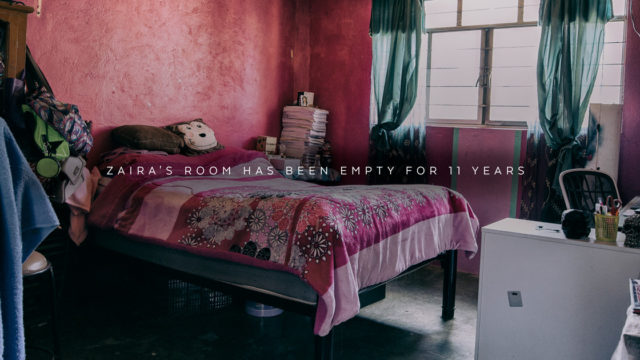When 22-year-old Gabrielle Petito went missing in Florida last year, media critics noted the discrepancy in the coverage her case received compared to missing people of color. That instance of “missing white woman syndrome,” a phrase coined by PBS anchor Gwen Ifill in 2004, serves as the center for the “#EveryoneIsPressworthy” campaign launched by TBWA\Chiat\Day New York and the Columbia Journalism Review and aimed at addressing bias in press coverage.
The effort centers on areyoupressworthy.com, a website where users can enter information about their race, gender, age and location to get an assessment using data pulled from news reporting of how much press coverage they would be likely to receive if they went missing. The website also shows which publications would be likely to share their story and what percent of the country would hear about the case.
Men, older people, residents of rural areas and Black and Hispanic people all have lower likelihood of receiving coverage. A young adult white woman living in New York could be covered 67 times while a Latino man of the same age might receive 17 pieces and a middle-aged Black man might only be reported on four times.
Evidence of a bigger problem
The proprietary analytics tool will be shared on the Columbia Journalism Review’s website and social media along with a nearly three-minute video showing a diverse group of people using it and discovering the discrepancies.
The video directly references Petito’s case, with Columbia Journalism Review editor and publisher Kyle Pope arguing, “This isn’t the way that journalism should be practiced” and Columbia Journalism School dean Jelani Cobb explaining the biases that come through in reporting based on age, gender, religion and race.
“The coverage of missing people is a high-profile example of an even bigger problem,” Pope said in a statement. “We’re hoping to force a recognition, where systemic coverage gaps exist.”
CREDITS:
Client: CJR—Columbia Journalism Review
Dean, Columbia Journalism School: Jelani Cobb
Editor in chief and publisher, Columbia Journalism School: Kyle Pope
Agency: TBWA\Chiat\Day NY
Chief executive officer: Nancy Reyes
Chief creative officer: Amy Ferguson
Director of integrated production: John Doris
Director of business affairs: Thalia Tsouros
Chief strategy officer: James Sowden
Managing director: Shannon Nunn
Creative director: Jexy Holman
Associate creative director: Pedro Sampaio
Senior copywriter: Pieter Claeys
Graphics: Gina Pido
Animation: JungEun Han
Executive producer/associate director of production: Tina Lam
Senior producer: Chloe Heller
Producer: Sarah Healy
Senior business affairs manager: Anne-Camille Charpié
Business lead: Rosalie Jones
Senior business manager: Sarah Hoffmann
Business director: Brittney Bergeron
Strategy director: Katelyn Saks
Strategist: Margaret Dick
Communications: Asheden Hill
Communications intern: Anne-Charlotte Troppez
DEI program manager: Carlin Dixon
Global head of data product: Michael Horn
Senior director, analytics: Alana George
Website developer: Travis Robie
Senior digital producer: Steven Kreuch
Production company: Redslash
Director: Talia Mayden
Director of photography: Alex Hass
Assistant camera op: Craig Helfer
Senior producer: Marc Baill
Associate producer: Kaitlyn Dutchin
Edit: Redslash
Editor: Talia Mayden
Animation: Gary Fraser
Producer: Pietra Cangialosi
Executive producer: Tricia Higgins
Color: Rare Medium
Colorist: Stephanie Park
Supervising colorist: Mikey Rossiter
Executive producer: Heath Raymond,
Music: JSM
CCO/CEO/co-composer: Joel Simon
Vp/executive producer: Jeff Fiorello
Senior producer: Norm Felker
Senior producer: Andrew Manning
Producer: Sharon Cha
Co-composer: Rebecca Riter
Audio Mix: Redslash
Engineer: Aaron Jaffe
Producer: Pietra Cangialosi
VFX: Artjail
Creative director/partner/founder: Steve Mottershead
Md/ep/partner of NY and LA: John Skeffington
Head of production: Elizabeth Thuvanuti Keating
Producer: Tess Kennedy
Flame lead: Dayung Jo
Nuke compositors: Giulia Bartra, Ben Macchiano
https://www.adweek.com/media/how-columbia-journalism-review-aims-to-end-missing-white-woman-syndrome/


